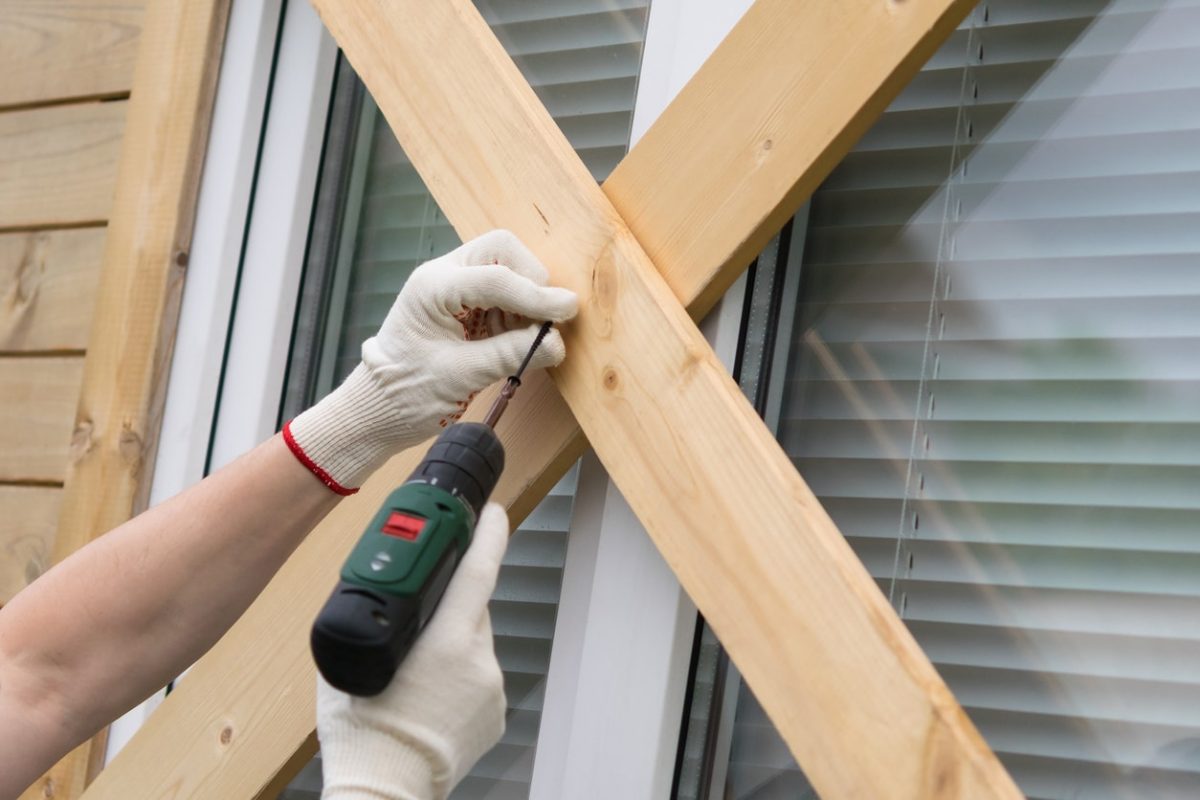Hurricane Season is Here! Are You Prepared for a Disaster?

As of June 1st, the 2019 hurricane season is officially here, so take the time to become educated on hurricane awareness and preparation. Understanding hurricanes and how to prepare for them can save you from a lot of trouble.
Track hurricanes as they move and know the difference between a hurricane watch and a hurricane warning. A hurricane watch means that hurricane conditions are possible in a specified area and is issued 48 hours in advance of the anticipated onset of storm winds. A hurricane warning indicates that hurricane conditions are expected somewhere within the specified area.
Keep in mind, preparation will be specific to the event and the property involved. Be ready for a catastrophe before it hits in the event you need to file a personal or business insurance claim for property damage.
Hurricane Watch
This is the early stages of a hurricane, when all that you can do is keep your eyes and ears open and prepare for the worst. In the event of a hurricane watch:
- Listen for weather updates on local stations.
- Stock up on battery-powered flashlights and a radio. Avoid using candles.
- Review your disaster plan with your team. If you don’t have one, make one.
- Update your emergency supply kit.
- Gather important papers – insurance, titles, deeds – along with any valuable or irreplaceable objects.
- Place items that you cannot evacuate in watertight containers or seal them in plastic bags.
Hurricane Warning
Once you’ve been hit by a hurricane warning, the storm is officially coming. From this point, there are two possible actions: evacuating to a safer shelter, or riding out the storm.
If you need to evacuate:
- Evacuate early – evacuation routes will likely be busy.
- Take an emergency supply kit with you.
- Take important papers with you.
- Tell friends or family where you are going.
- Turn off your electricity, gas, and water at their main switches or valves.
If you will not be evacuating:
- Stay inside and away from windows, skylights and glass doors. Find a safe reinforced space on the lower floor.
- Turn off major appliances (air conditioners and hot water heaters).
- Turn off the electricity at the main fuse box.
- Be aware of your surroundings and prepared to locate to an upper floor quickly. Flooding by tidal surge is a leading cause of death and destruction in hurricanes.
Are You Protected?
Before the storm comes, there are some important things to consider about the safety of your business’s property:
- Do you need to store cut plywood to protect your windows and glass doors?
- What is the safest part of your office building should high winds blow through?
- Do you have large trees next to your building that could be pruned or cut back to make them more stable against high winds?
Investing in a generator and having extra fuel handy can prevent flooding and a variety of irreversible damage.
Organize and store your most important documents off-site or in a fire/flood-rated safe. Retain copies for reference as needed.
Understand the coverage provided in your New Mexico Business Insurance policy. If something isn’t clear to you, contact your agent and get an explanation of exactly what your policy will provide for you. Educate yourself on how to best protect your business’s specific location and attributes and the disasters that may affect it. Keep your business insurance agent’s contact handy both in your phone and physical form.
About Daniels Insurance, Inc.
At Daniels Insurance, Inc., we have a unique understanding of the risks that people like you face on a regular basis. With the backing of our comprehensive coverages and our dedication to customer service and quick claims resolution, your business will be fully protected. For more information, contact us today at (855) 565-7616.
